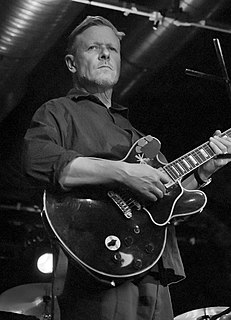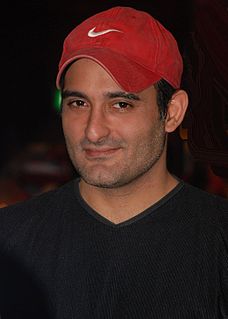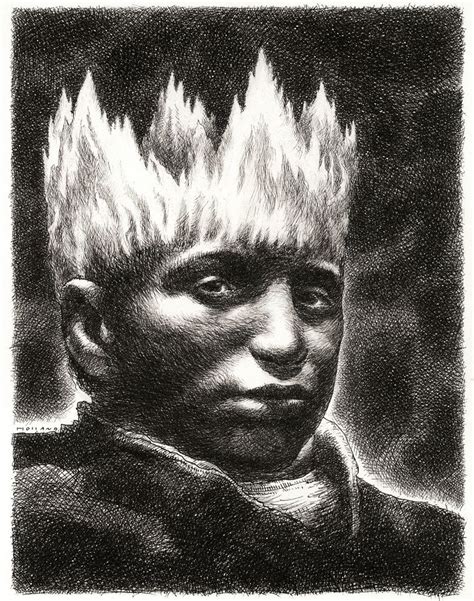A Quote by Pankaj Mishra
I myself, at one time, wanted to be like the explorers of the Himalayas that I used to read about; people intoxicated on the myth of history.
Related Quotes
This act of empathy, that women go through from the time we're little girls - we read all of literature, all of history, it's really about boys, most of it. But I can feel more like Peter Pan than Tinker Bell, or like Wendy. I wanted to be Tom Sawyer, not Becky. And we're so used to that act of empathizing with the protagonist of a male-driven plot. I mean, that's what we've done all our lives. You read history, you read great literature, Shakespeare, it's all fellas, you know?
It was time to expect more of myself. Yet as I thought about happiness, I kept running up against paradoxes. I wanted to change myself but accept myself. I wanted to take myself less seriously -- and also more seriously. I wanted to use my time well, but I also wanted to wander, to play, to read at whim. I wanted to think about myself so I could forget myself. I was always on the edge of agitation; I wanted to let go of envy and anxiety about the future, yet keep my energy and ambition.
I thought of all the magazine article I'd read on mothers who worked and constantly felt guilty about leaving their children with someone else. I had trained myself to read pieces like that and silently say to myself, 'See how lucky you are?' But it had been gnawing at the inside, that part that didn't fit, that I never let myself even think about. After all, wasn't it a worse kind of guilt to be with your child and to know that you wanted to be anywhere but there?
I never could read Foucault. I find philosophy tedious. All of my knowledge comes from reading novels and some history. I read Being and Nothingness and realized that I remembered absolutely nothing when I finished it. I used to go to the library every day and read every day for eight hours. I’d dropped out of high school and had to teach myself. I read Sartre without any background. I just forced myself and I learned nothing.
We measure our presence in generations; we cannot dig down ten thousand years and find our bones. Our arrival is scribed upon the line of history; it does not drift upon the winds of story, or float upon the shrouds of myth. We are still explorers and discoverers, seeking meaning through movement and examination. But we are coming to a time of listening. Our sweat and breath are now upon this land. Voices rise up, and we begin to hear the echoes in the stones.







































